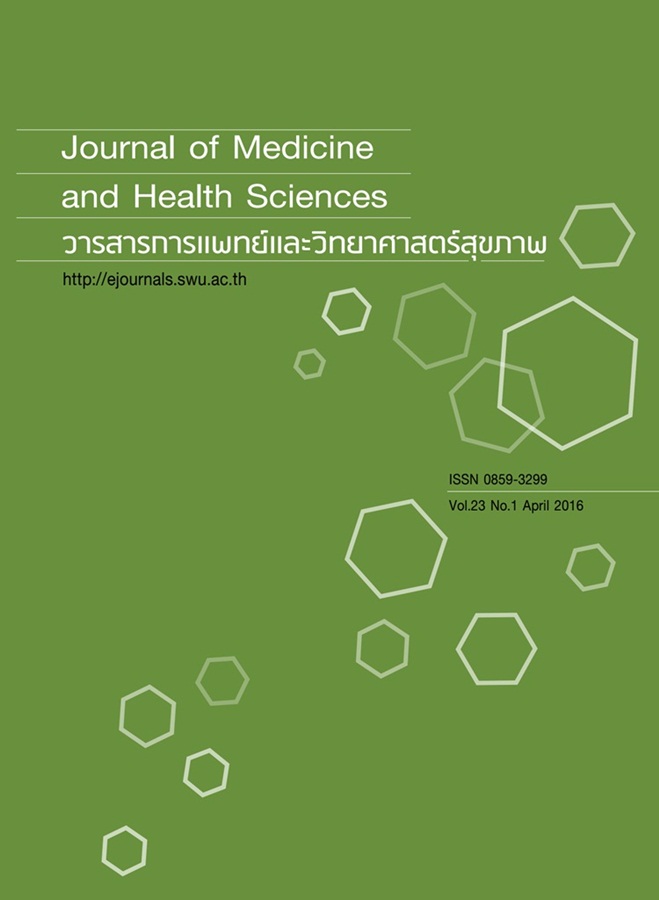Therapeutic monoclonal antibody for dengue treatment
Keywords:
therapeutic monoclonal antibody, Dengue virus, haemorrhagic fever, neutralization, antibody dependent enhancementAbstract
Dengue disease is one of viral diseases caused by dengue virus (DENV) and transmitted by Aedes aegypti mosquitoes. There are over 100 million cases of dengue diseases reported by WHO each year. Among these, about 500,000 cases were developed to severe diseases which are Dengue HemorrhagicFever (DHF) and Dengue Shock Syndrome (DSS) causing more than 20,000 deaths. Until now, there is no vaccine or specific treatment for this disease. From its specificity, several researcher groups were trying to develop monoclonal antibody (MAb) as its alternative treatment. However, from the complexity of the virus itself, which can be classified into 4 serologically different serotypes, the antibody that neutralizes one serotype from the primary infection can cross-react, but may not neutralize heterologous serotypes in the secondary infection. Instead, the antibody can form a complex with the virus and help the virus toenter the target cell via IgG Fc receptor. This phenomenon is called antibody dependent enhancement (ADE) which leads to increased virus particles infecting to the cells and is considered as one hypothesis for increasing severity dengue secondary infection. For this reason, the candidate of therapeutic monoclonalantibody for treatment dengue should be able to neutralize 4 serotypes of DENV, without causing ADE. This study provided the information for the development of therapeutic monoclonal antibody for infectiousdiseases, particularly dengue disease.Downloads
Published
2016-04-07
Issue
Section
Review Article


